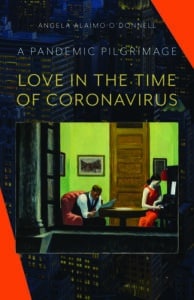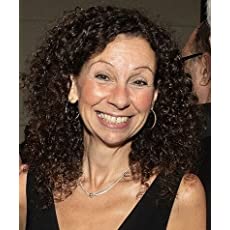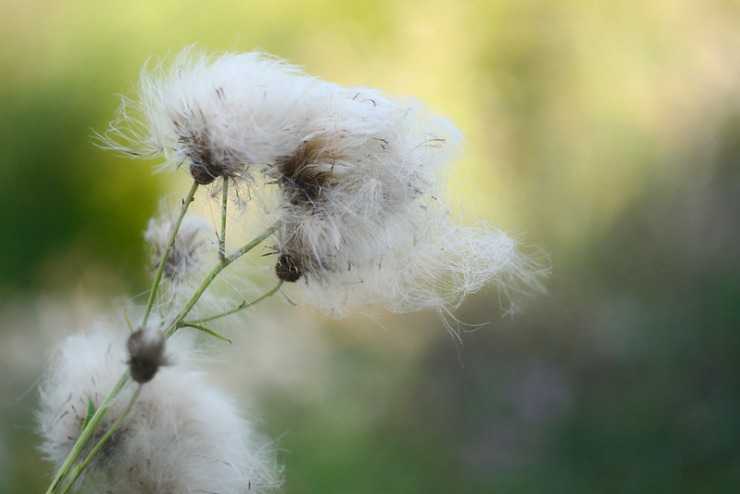Love in the Time of Coronavirus
During the lockdown for COVID-19, Angela Alaimo O’Donnell and her husband hunkered down in a small town just outside New York City. And she did what you might expect a poet to do. She wrote poems. She wrote her poems in an almost journal-like experience as she followed the trials and travails of the pandemic.
The result is Love in the Time of Coronavirus, a collection of 57 poems chronicling the advent of the virus, what happened, and how the lockdown conditions gradually eased. Like many poetry collections, this one is personal. Its title pays homage to the novel Love in the Time of Cholera by Gabriel Garcia Marquez, a story of another pandemic, another time, and another place.
What is striking about the poems is how they make you realize how much we’ve had in common during the pandemic. Equally striking is how they make you realize how our experiences were also so different. The coronavirus pandemic was a nationally (and internationally) shared experience, but an experience marked by often radical differences. And that leads to the question of why.
O’Donnell writes about the rules of the virus: how long to wash your hands (sing “Happy Birthday” twice), avoid stores, avoid groups of people. She considers how we communicated and worked, becoming Zoombies (my word, not hers). She discovers that home is not only a sanctuary but also a prison, and we’re all under house arrest. It’s also a place where food became a new fad. She describes the onset of illness—the dry cough, the loss of taste and smell, the chills, the sweating, the panic and fear. She celebrates the Easter of COVID, with a very different kind of Good Friday, Holy Saturday, and Easter Sunday. She misses her children. She gets cabin fever. She teaches remotely.
In this poem, O’Donnell writes of an event that happened in no other place in the United States but New York.
The Burial of the Dead

No room enough to bury our dead
in the gentle places, the rolling green
spaces in Woodlawn, Brooklyn, where angels
keep watch, guardians of stone over fields
of bone. A sad chapter in our Novel
Virus story. Hart the final resting bed
of the indigent, despised, those who died
of AIDS, another plague that winnowed away
our faith in the body. How quickly it can
all go south. One day you’re well, the next day
you are trucked to the Bronx to be buried.
They say the dead are many, the graves deep.
The digging does not disturb their sleep.
This poem stands as a kind of tombstone of remembrance, for the people whose bodies were placed in the mass graves. Later, we read of the virus sweeping through New York nursing homes, resulting in the deaths of thousands. In many ways, New York was once again ground zero.

Angela Alaimo ODonnell
O’Donnell’s eight other collections of poetry are Andalusian Hours, Still Pilgrim, Saint Sinatra & Other Poems, Moving House, Waking My Mother, Lovers’ Almanac, Waiting for Ecstasy, and Mine. Her poems have been published in numerous literary journals and magazines. She’s a professor at Fordham University in New York City, where she teaches English, creative writing, and American Catholic Studies. She was graduated from Penn State University and received her master’s and Ph.D. degrees in English Language & Literature from the University of North Carolina at Chapel Hill.
Love in the Time of Coronavirus is a poetic journal of the plague year. It is not a dispassionate account, because nothing about this plague was dispassionate; it was all personal. Members of my family had the virus; a good friend of more than 30 years died from it just as the vaccine was becoming increasingly available. But, as O’Donnell demonstrates, poetry can help make sense of disruption, chaos, and upended lives.
Related:
Poets and Poems: Angela Alaimo O’Donnell and “Still Pilgrim”
Poets and Poems: Angela Alaimo O’Donnell and “Andalusian Hours”
Photo by Mikhail Kryshen, Creative Commons, via Flickr. Post by Glynn Young.
How to Read a Poem uses images like the mouse, the hive, the switch (from the Billy Collins poem)—to guide readers into new ways of understanding poems. Anthology included.
“I require all our incoming poetry students—in the MFA I direct—to buy and read this book.”
—Jeanetta Calhoun Mish
- Longfellow’s “Paul Revere’s Ride”: Creating a National Legend - April 17, 2025
- Poets and Poems: Katie Kalisz and “Flu Season” - April 15, 2025
- Poets and Poems: Michelle Ortega and “When You Ask Me, Why Paris?” - April 10, 2025


Maureen says
Good review, Glynn. (I’m hoping to get my own written this week.) The poem you highlighted speaks to such profound tragedy, the truth of it hurts.